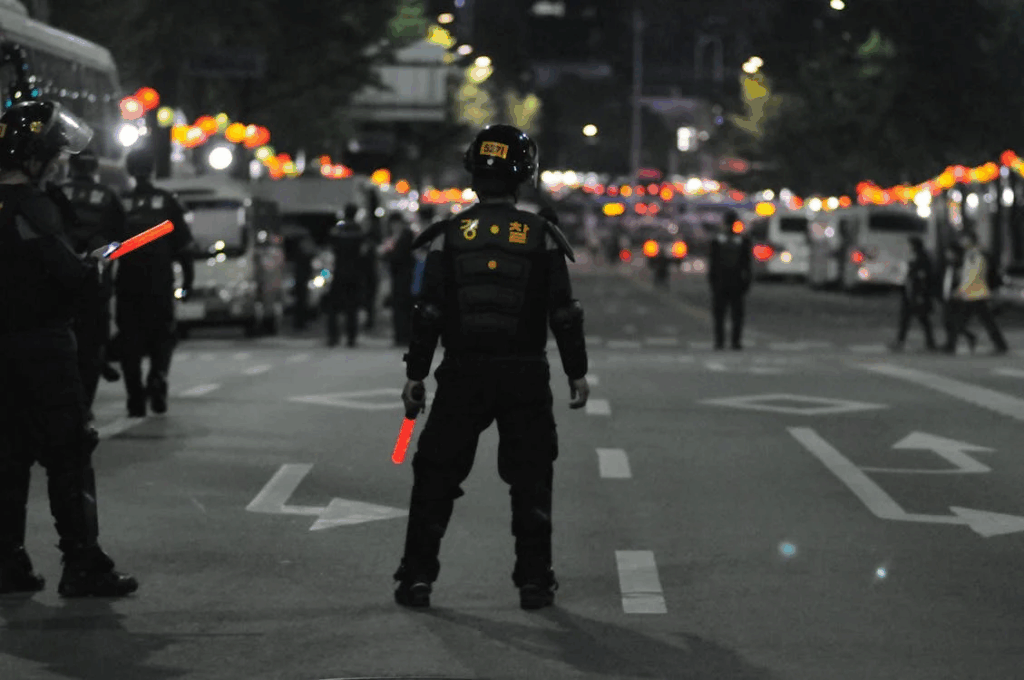Law enforcement officers protect communities, facing violence and trauma daily. Consequently, their mental health suffers, with research showing elevated PTSD and depression risks. Moreover, innovative strategies like wellness programs, peer support, telehealth, and EMDR therapy are transforming support. Thus, these efforts ensure officers thrive in their critical roles.

Law Enforcement’s Hidden Struggles
Policing is highly stressful and dangerous. For instance, officers encounter critical incidents like shootings or child homicides, which strain resilience. Studies reveal 17% of officers experience PTSD symptoms, while 10% face significant trauma. Additionally, depression and alcohol issues drive early retirements, with some departments reporting 45.9% of officers leaving due to stress.
Critical Incidents and PTSD Risks
Traumatic events, such as errors harming colleagues, increase PTSD risk. Furthermore, organizational stressors like poor support worsen outcomes. However, the Critical Incident History Questionnaire identifies severe incidents, yet resilience and gratitude foster growth. Therefore, these factors help officers recover stronger from adversity.
Law Enforcement’s Silent Crisis: Depression and Suicide
Depression and suicide threaten officers’ well-being. For example, mid-career officers with marital or suspension issues face higher suicide risks. Moreover, PTSD and alcohol use amplify suicidal ideation. Hence, targeted interventions are vital to retain expertise and prevent tragedies.
Transforming Law Enforcement Support
Agencies proactively implement wellness programs and peer support. Additionally, confidential Employee Assistance Programs encourage help-seeking. For instance, mandatory post-incident consultations reduce stigma, while telehealth provides accessible counseling. Similarly, EMDR therapy aids trauma recovery, empowering officers without career fears.
Fitness for Duty: Ensuring Safety
When stress impairs performance, Fitness for Duty Evaluations (FFDEs) are essential. Specifically, FFDEs assess firearm safety, with 51.3% of officers deemed fit. Moreover, 18% recover through treatment, as courts support these evaluations. Thus, FFDEs balance safety and officers’ rights under the Americans with Disabilities Act.
Building a Resilient Future for Law Enforcement
A mental health-focused culture is crucial. For example, stress management training and pre-employment screenings identify at-risk officers. Additionally, addressing workload stressors prevents PTSD and depression. Consequently, these efforts reduce retirements and retain experienced officers for stronger communities.
In conclusion, law enforcement officers deserve robust mental health support. Through wellness programs, telehealth, EMDR, and early interventions, agencies shield heroes from psychological burdens. Ultimately, these strategies ensure officers serve with resilience and strength.
Dr. Sara C is renowned for her expertise in EMDR, CBT, and DBT therapies. Serving California, Texas, and Oregon, including Newport Beach, CA; Beverly Hills, CA; San Diego, CA; Portland, OR; Jacksonville, OR; Dallas, TX; and Houston, TX, she is one of the best telehealth therapists available.
In case of a mental health emergency, please call 911 or seek immediate professional help.
Source:
Price, M. (2017). Psychiatric disability in law enforcement officers. Behavioral Sciences & the Law, 35(2), 113–123. https://doi.org/10.1002/bsl.2278